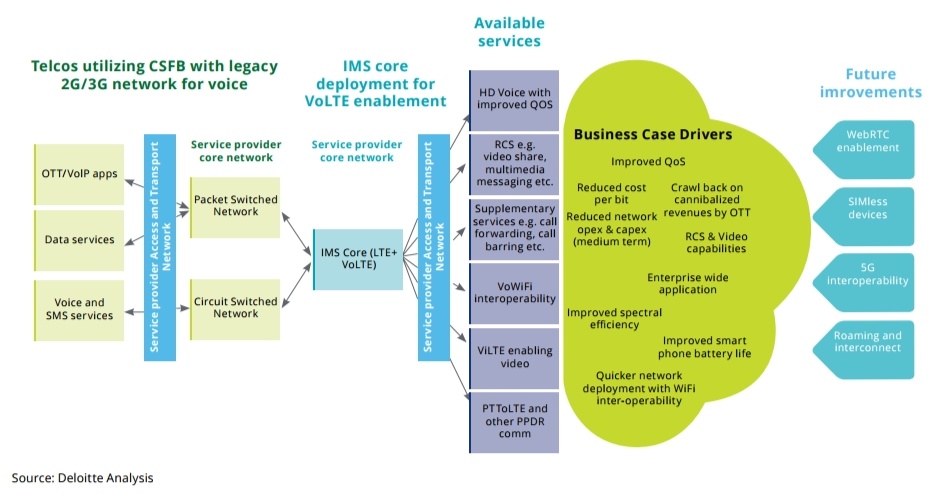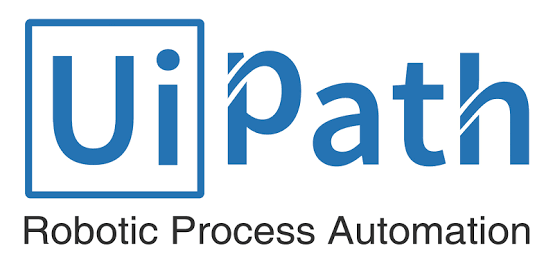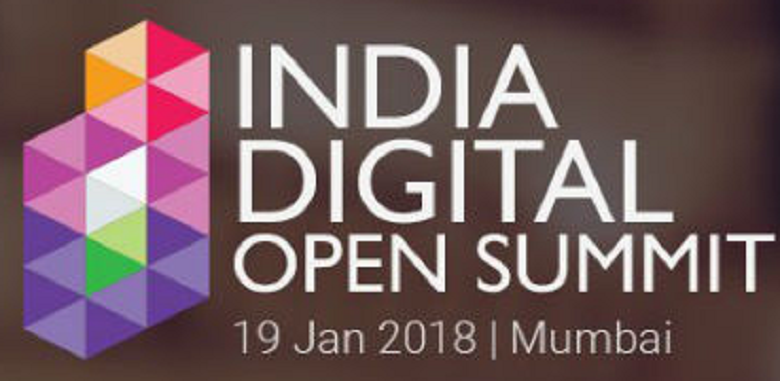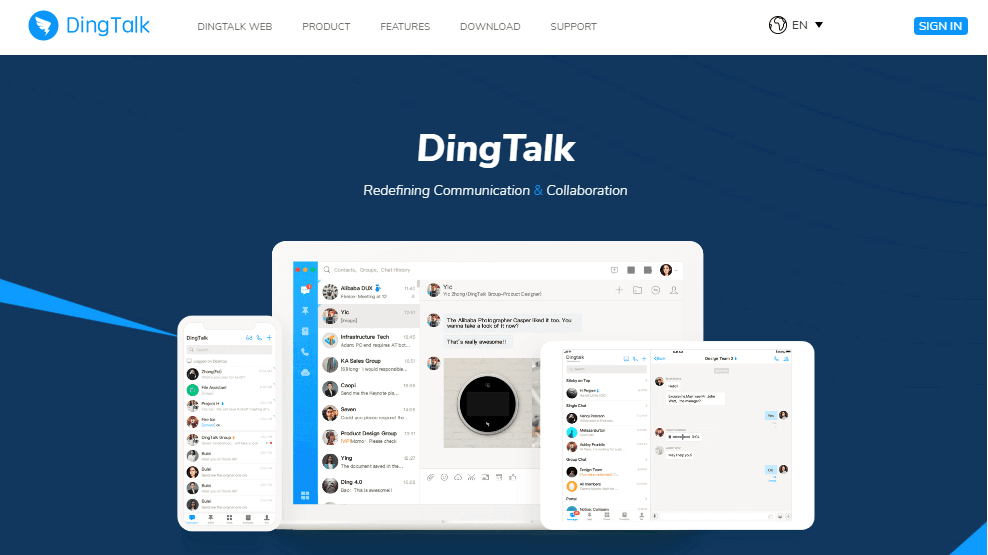DeloitteTouche Tohmatsu India LLP’s [DTTILLP or Deloitte India] eighth edition of signature publication on Technology, Media and Telecommunications [TMT] predicts major advances in machine learning, VoLTE technology services and Over the Top [OTT] platforms, apart from othertrends.

VoLTE is expected to be the most prevalent voice technology in the future. It is also estimated that more than 90% of all mobile subscribers will comprise of broadband subscribers by 2023. OTT platforms are witnessing an explosion in original content due to increase in consumption and viewership, the report says, adding that they will gradually become a preferred medium over television,with the consumers of vernacular content likely to become over 2.5 times that of English language content by 2021.
The publication highlights the fact that ‘Machine Learning’ will intensify among medium and large-sized enterprises. Compared to 2017, the number of implementations and pilot projects using machine learning technology is likely to double in 2018 and then doubling again in 2020.
As enterprises in India embrace technology to bring transparency and efficiency in business operations, data assumes center stage in decision-making, setting the stage for tools such as advanced analytics and machine learning to ushervalue-chain efficiencies, a Deloitte India spokesperson said. In 2018, technologies like OTT, VoLTE and Machine Learning will make significant progress and as organizations take steps to realize the potential of the Internet of Things [IoT] for their businesses, predictive analytics and intelligent data mining technologies are set to become mainstream in India.
PN Sudarshan, Partner, Deloitte India, said
India is one of the fastest growing technology market in APAC, with the on-going digital transformation of public sector and private sector enterprises enabled by changing market dynamics and policy interventions. Enterprises across industries are increasingly adopting technology driven solutions to improve customer experience, optimize business operations, and compete effectively in the market.
Catalyzed by the availability of cost effective computing infrastructure and flexible business models through Cloud computing, and the adoption of exponential technologies such as AI, ML, AR, IoT etc., technology sector in India is truly at an inflection point. Trends such as IoT will catalyze the emergence of analytics at the edge. Digital revolution, also known as ‘The Internet Economy’ is creating a new market for digital first services, which has the potential to optimize value chains, bring transparency, and improve overall productivity in the economy.
Newer technologies like LTE, LTE-A, LTE-A Pro & 5G will make wireless internet commercially more viablefor home internet users. The smartphone riding on new innovation will consolidate its position as the primary access to digital services and content, and live streaming and OTT video content arelikely to gain popularity.
Here are some more highlights from the TMT Predictions 2018 India edition:
Internet of Things, Realizing the Potential
IoT-driven point solutions will be adopted to solve a specific business issue. IoT-driven enterprise solutions would help organizations redefine their business models and provide innovative services for their customers; investments will not only be assessed on KPIs, but also will involve new product launches, new supply chains and a new operating model that enables organizations to monetize their services across value chains, leveraging IoT.
Analytics [finally] travels Beyond the Back Office
Enterprises will combine external perspectives, social inputs [surveys, social media comments, response to a feedback questionnaire] to the internal data sources to improve customer service. Device data will be integrated faster and on-demand to answer immediate field needs; information dissemination for decision-making will be faster and simpler using digital delivery; paying for results and provisioning on demand is the new normal [on cloud].
VoLTE: Enabling Next-gen Voice Services
Deloitte predicts that more than 60% of all broadband subscribers would be utilizing Voice over LTE [VoLTE] technology for voice services by 2023 surpassing 5 billion subscribers globally. IoT appliances can be enhanced with VoLTE improving the productivity and efficiency of applications and especially effectiveness in emergency situations, one example is a smartwatch with feature to automatically dial an emergency contact in case of abnormal heart rate.

Wi-Fi would be essential part of service provider network strategy to enhance access and extend coverage. With VoLTE supporting VoWi-Fi [Wi-Fi calling], it would be an opportunity to monetize hot-spots especially relevant in the Asia-Pacific region which would constitute 45% of global hotspots.
Sports Media in India Set to Unlock New Horizons
Indian sports business will continue to attract global investments. With broadcasters paying as much attention to rural segment, these geographies will continue to lead the way for Sports sector in India, especially with Tier 2 leagues beginning to receive widespread attention. Data analytics will increasingly play a significant role in managing all aspects of sports, especially on initiatives such as fan engagement and viewership on digital platforms. Governance related matters will continue to be in focus in Indian Sports ecosystem, and topics such as legalizing betting will be discussed more than before.
Mobile only: Wireless Home Internet Bigger Than You Think
Due to challenges in deployment of fixed broadband networks, current rural internet penetration stands at ~ 17%. In future, demand for fixed broadband would be limited to consumers with higher bandwidth/QoS requirements, with majority of home internet requirements catered through wireless network.
Augmented Reality [AR]: On the Cusp of Reality
The Indian market is witnessing the emergence of AR service providers helping enterprises embrace AR as part of their digital experience strategy. India’s $150 billion technology services industry has the potential to play a key role in increasing the adoption of AR for global businesses by building a robust supply of talent, business models, and frameworks to accelerate deployments. The public sector also has the opportunity to leverage the product and talent ecosystem in the country and adopt AR for improving the quality of experience in areas such as Education and Healthcare.
To access the complete report, refer to the link Deloitte India











